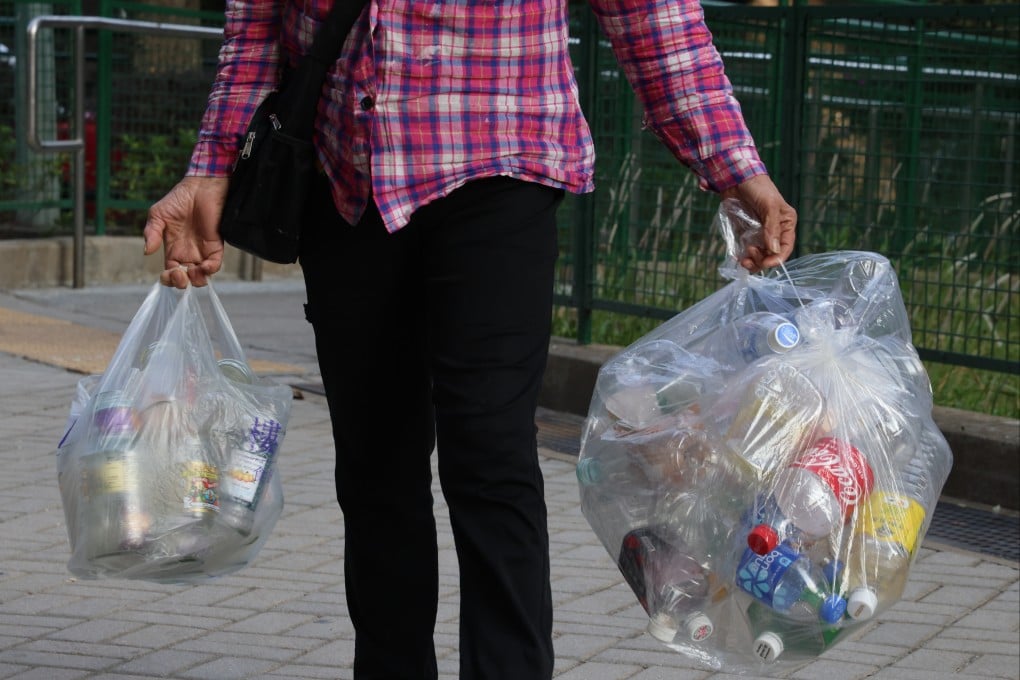Letters | After a year’s delay, Hong Kong is ready to roll out waste charging
Readers discuss the favourable conditions for implementing waste charging, the addictive nature of gaming, and making medical care more comfortable

Earlier this month, the Secretary for Environment and Ecology Tse Chin-wan said the government has been assessing the situation and would report its findings soon to the Legislative Council’s Panel on Environmental Affairs. He noted that many conditions had to be in place before the scheme could be rolled out.
We believe the time is right. Over the past year, the government has enhanced its support for recycling and public education. This is a key improvement, given that low recycling rates and low public awareness were the main reasons for the botched roll-out last year.
Besides, waste charging would benefit the economy, as South Korea’s experience shows. South Korea introduced waste charging in 1995. By 2004, it saw a 24 per cent reduction in waste volume and gained an estimated 8 trillion won (US$5.6 billion) in economic benefits, in terms of avoided waste treatment costs and the market value of increased recycling products, according to a case study by the United Nations Economic and Social Commission for Asia and the Pacific.
Waste charging could yield similar benefits for Hong Kong. Our Hong Kong Foundation researcher Peter Lam Kung-shing has found that every tonne in waste reduction generates a net benefit of HK$955.50, while every tonne of waste recycling yields HK$125.60. The estimated net benefit of waste charging is HK$637.3 million per year.